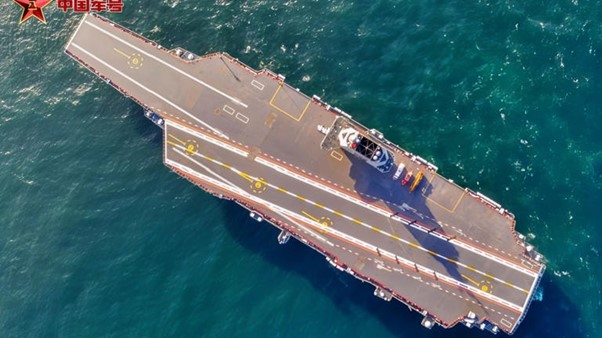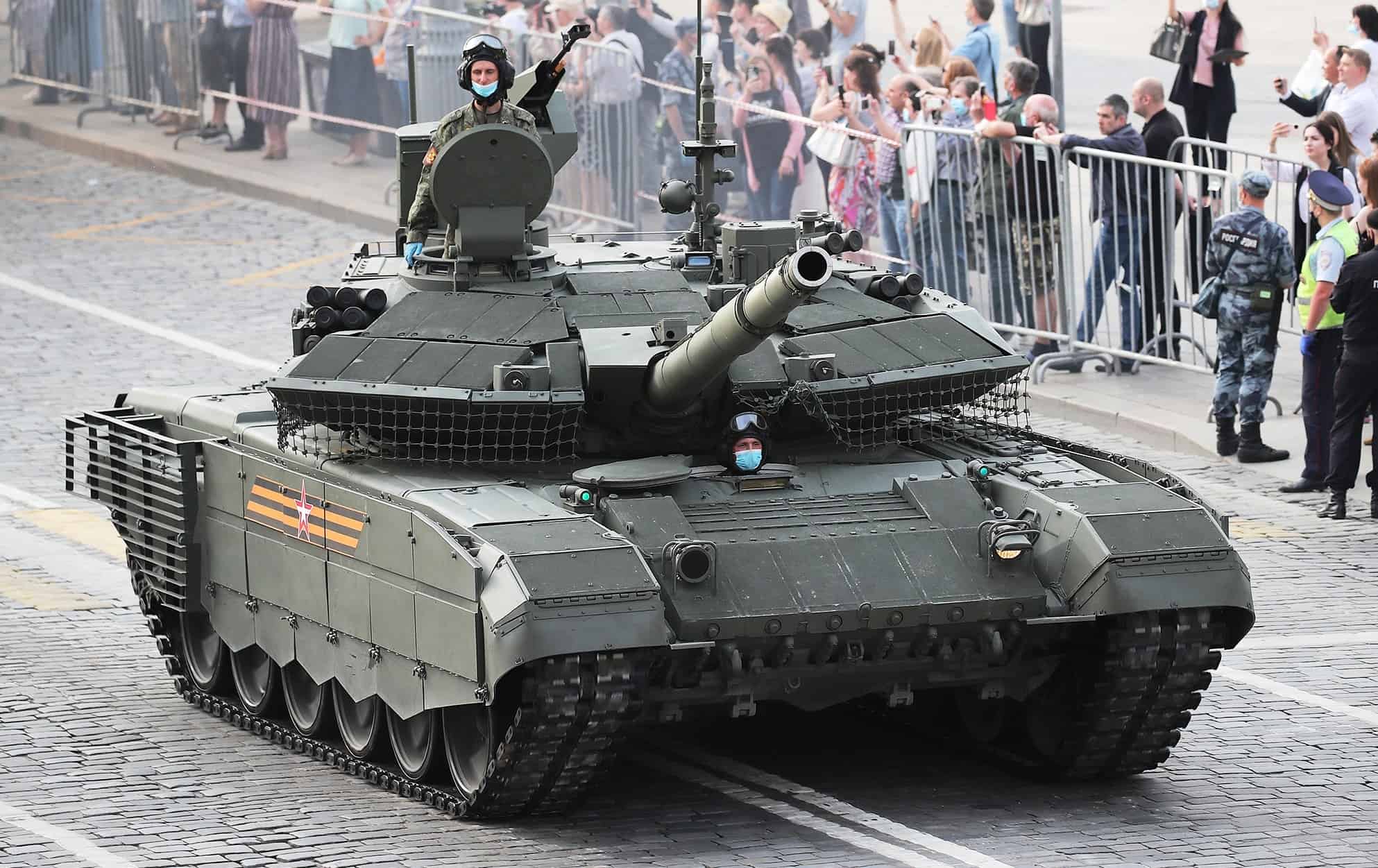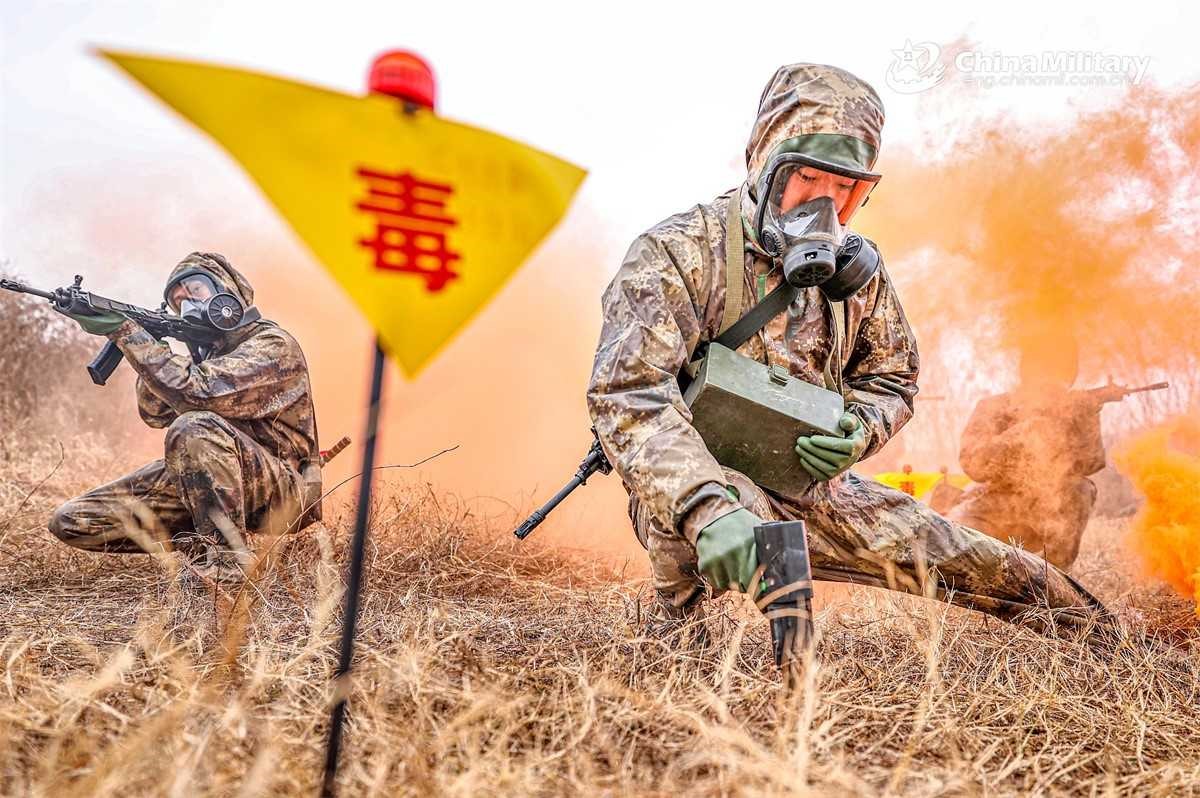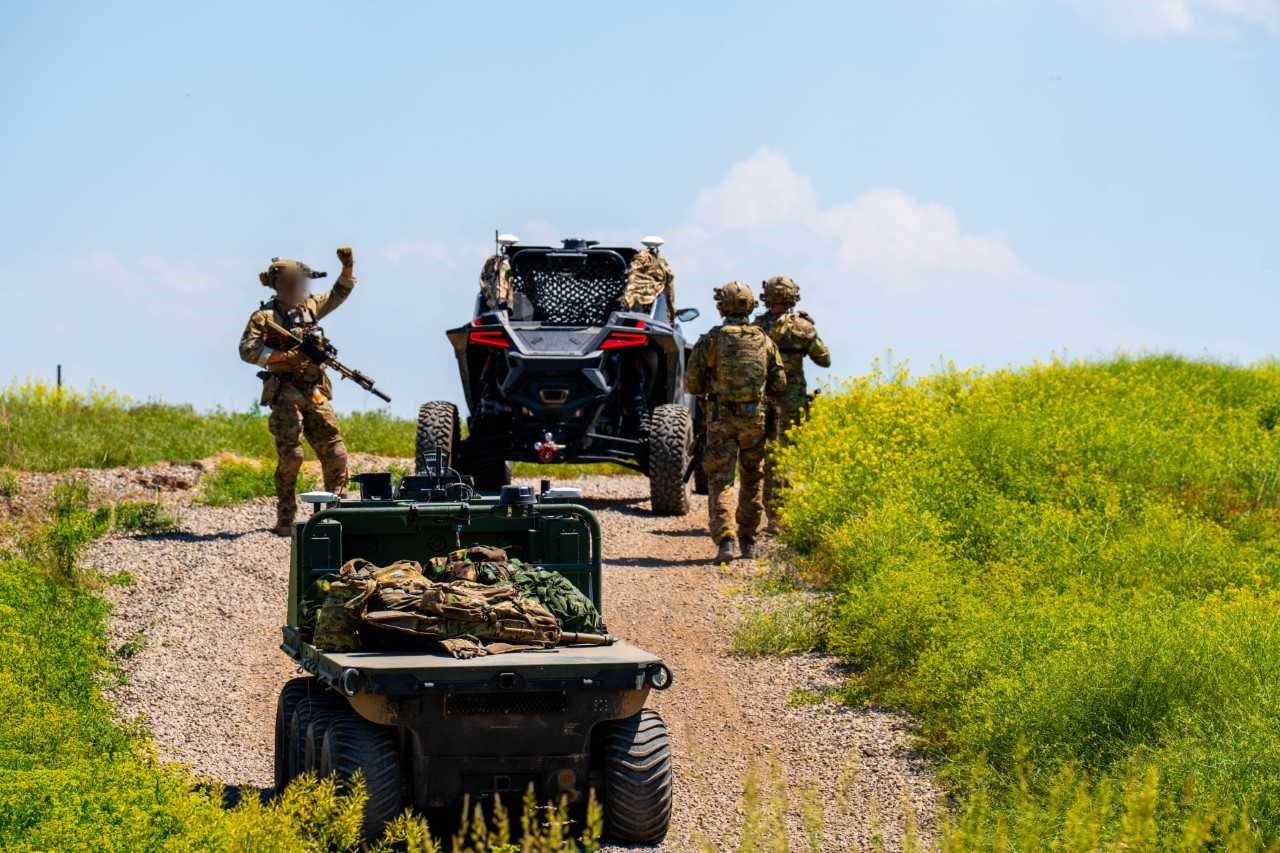At DSEI in London last week one of the less well-trumpeted events was the signature of a landmark strategic MoU between MoD UK and GB Global. Examining methods of enabling the rapid mobilisation of skilled civilian logistics personnel to strengthen capabilities, readiness and resilience, the agreement is “a major step for Britain’s sovereign capability,” according to a 15 September press release.
GB Global is a grouping of over 100 businesses, each with expertise contributing to the creation of “one of the world’s most comprehensive supply chain solutions portfolios”. The group will deliver strategic, sustainable and digitally enabled supply chains to support MoD’s mission-critical requirements. The most potentially valuable impact of the agreement will be GB Global’s ability to rapidly deploy efficient, trained assets – industrial and human – to augment and support the armed forces’ operations at short notice, providing a cost-effective method of bolstering resilience and preparedness.
“This agreement with GB Global ensures the MoD can rapidly access industry-led logistics expertise and capacity, reinforcing UK Defence’s resilience and readiness to respond effectively in times of crisis or conflict,” commented VADM Andy Kyte, Chief of Defence Logistics and Support.
Directly supporting the recent Strategic Defence Review and the Defence Industrial Strategy, the MoU offers a number of key benefits to the MoD:
- Enhanced national preparedness;
- Specialist expertise in air, sea and land logistics operations;
- Flexible, scalable solutions at times of surge demand;
- Skills and knowledge transfer, enhancing workforce development;
- Broad engagement with industry nurtures a more resilient and competitive supply chain.
DA Comment
A laudable initiative, this agreement sits comfortably within the framework of developing concern for security of supply that is characterising discussions in the logistics departments of the world’s defence ministries. Sovereign capability, protection of IP, employment, technology development and effective support are all concerns for the armed forces. Agreements such as this, however, in theory make it possible for the military to do what they do best – managing and prosecuting armed conflict where required – and to avoid being distracted by issues that – while critically important for mission success – may well be regarded by many in uniform as peripheral. Will an initiative that seems so potentially beneficial on its surface survive the first stress test, when it comes? That remains to be seen.
DA is interested in the entire breadth of the security of supply issue and will be pursuing several aspects of the domain in coming months. In fact, we are about to conduct an interview for CEO Corner with a leading company developing robust solutions for the cyber security of supply chains – another facet of the issue. Watch this space…








